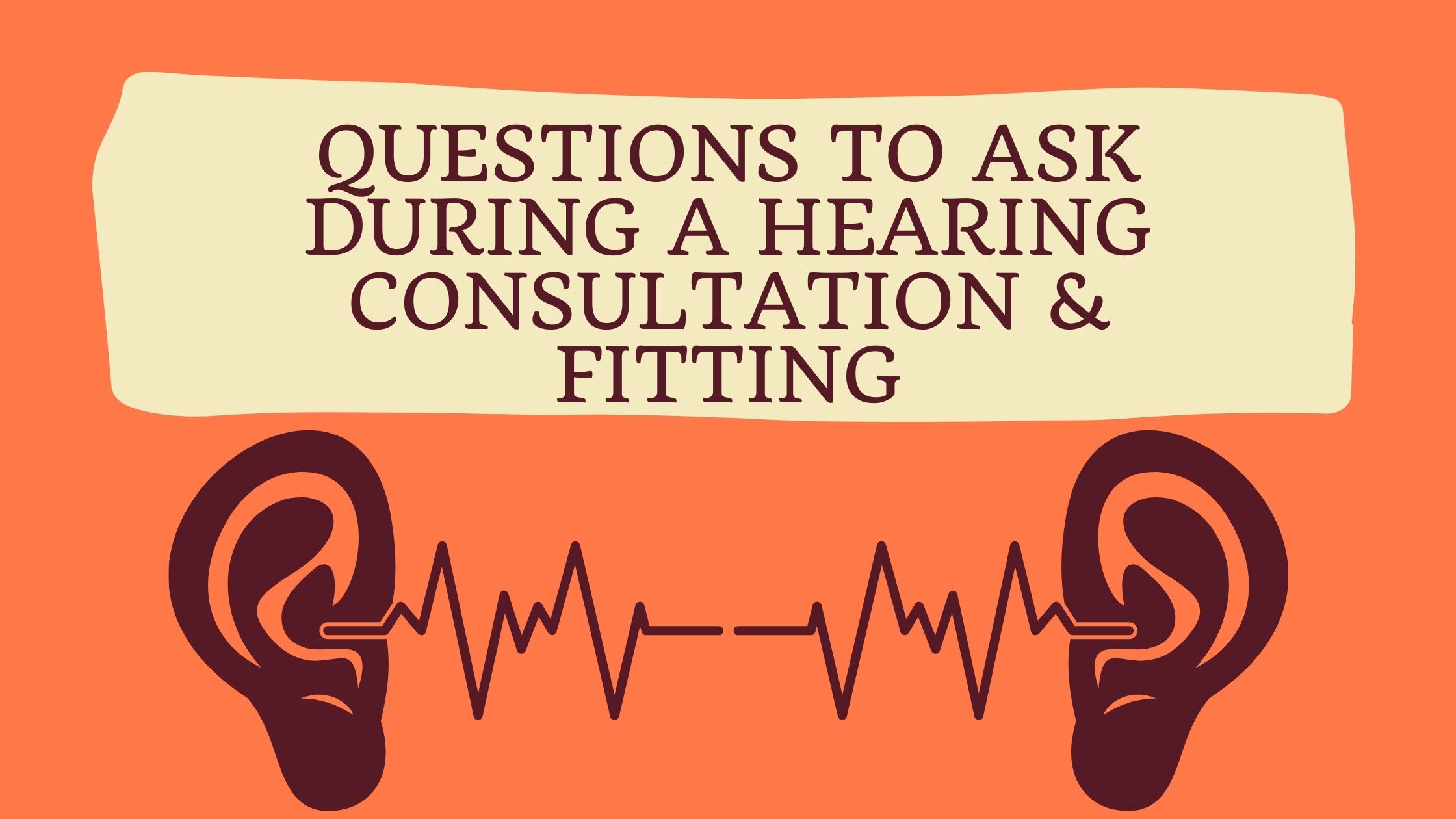Congratulations! Scheduling or considering a hearing consultation and fitting is a tremendous step towards regaining a healthier hearing life. Living with undiagnosed or untreated hearing loss can cause a loss of close relationships, mental and emotional stress and even an increased likelihood of dementia. And yet, scheduling a hearing test and treating hearing loss continues to be a task many folks with hearing loss avoid. The average length of time a person with hearing loss waits before deciding on hearing aids is ten years.
Why we may resist treating hearing loss
People put off treating hearing loss or even receiving a concrete professional diagnosis for many reasons. There are stigmas associated with hearing loss, even and especially hearing loss that results from the very natural process of aging. Additionally, the signs of gradual hearing loss, commonly in step with age-related or noise-induced hearing loss, can be very gradual and are easy to overlook or unconsciously adjust to.
But, you have decided that life doesn’t have to be this way and you should take a moment to pat yourself on the back. Once you’ve properly congratulated yourself, take a look below where we’ve outlined what you can expect from a hearing consultation and fitting, plus which questions you can plan to ask.
What to expect at your hearing consultation
You’ll meet with an audiologist for an initial information gathering session. They’ll ask about your medical history and your symptoms of hearing loss. You can prepare for this by thinking back to when hearing loss first made itself apparent in your life and the path it has taken. Has it gotten worse or different? You might also share what prompted you to seek diagnosis and treatment. Lifestyle details are important to share, too. For instance, if you’ve been working in a noisy occupation for many years, your audiologist will want to know about it.
These contextual anecdotes are important for your audiologist to understand your unique hearing loss better and to take into account after they’ve received data from your hearing test. They can also gain insight into your life in order to make more personalized recommendations for treatment, if necessary. You may also undergo a brief physical examination to see if there are obstructions in the ear that affect hearing.
Hearing tests
The test itself is painless and quite simple. You’ll be guided to a private room and asked to put on headphones. A series of noises or words will play, with or without background sound, and you will be asked to identify them. It’s not about reaching a perfect score! Reflect what you hear back to the audiologist honestly in order to receive the most accurate diagnosis.
Frequently asked questions
While everyone has a unique experience in regards to hearing loss, there are some common questions we often receive.
Will hearing aids improve my hearing experience?
Hearing aids, while sometimes an intervention that people resist, can drastically improve your life. A great majority of people who have decided upon hearing aids report improved relationships and would recommend hearing aids to a friend with hearing loss. But hearing aids aren’t for everyone. Based on your hearing history and test results, you can ask your audiologist if hearing aids will work for you.
Do I need one or two hearing aids?
Because we have two ears and because everyone has different habits or genetics that contribute to hearing loss, it is likely that you have different levels of hearing loss in each ear. While it is tempting to only invest in one hearing aid, that can result in less successful improvement in your overall hearing life. We use both of our ears to pinpoint the location of sound, a phenomenon called sound localization that requires two hearing ears.
What are the warranties on hearing aid options?
Many manufacturers of hearing aids provide warranties on their products. However, these can vary across the industry. Inquire as to whether the products you are choosing between have warranties and use that as part of your determining information. Even the best-made devices require routine maintenance and small repairs. Remember, you’re using them daily! Seek a solution with a warranty that covers at least some of the cost so that you have working hearing aids without a lot of hassle.
What type of education or instruction do you provide for new hearing aid wearers?
Hearing aids absolutely take some time to adjust to. If you’re a person who struggles with new tech or you simply want to get the most out of your investment in hearing, inquire about what opportunities for education or ongoing management your audiologist offers. Many hearing aid fittings will encompass at least one or two follow ups to determine how your hearing aids are being integrated into your life and where there is room for improvement.
Don’t be afraid to ask questions
Our team has seen and heard almost everything when it comes to hearing consultations and fittings! Don’t be afraid to voice your concerns or ask for clarification when you need it. It is our distinct privilege to assist you on your way to a better hearing life and our ultimate goal is your satisfaction.

